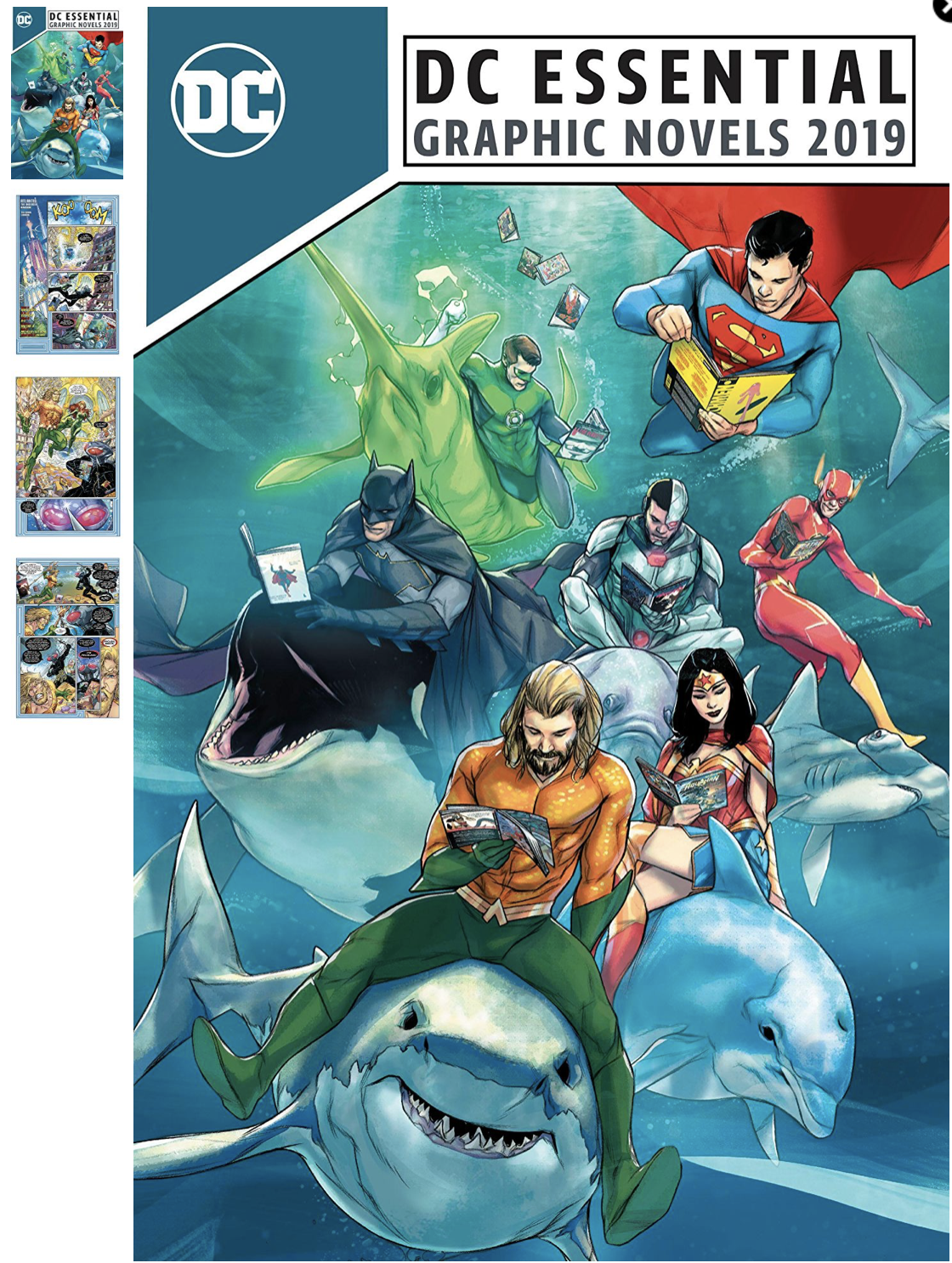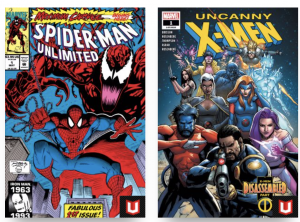“Dyslexics like myself can’t learn anything without a narrative to hold on to. Why am I being given this information? What does it do? What is it relevant to? What similar thing should I store it next to in my head?”
– Jay Stringer, Book Riot
 Jay Stringer has a a great post on Dyslexia and Comics and they are good reminders that for many, the gateway to reading for pleasure is a plot that hooks you, intriguing characters, and graphics that pair well with text.
Jay Stringer has a a great post on Dyslexia and Comics and they are good reminders that for many, the gateway to reading for pleasure is a plot that hooks you, intriguing characters, and graphics that pair well with text.
Now, we’ve talked about wordless picture books before – they definitely can be amazing and stimulate a love for books, but comics also have their place for many children and adults, and that’s what Jay captures in his post:
“There is a simple thing you could do for all children as they learn to read, but for a dyslexic it could be life changing; put a comic in their hands.
Comics as a medium rely on clarity and context. They are pictures and words being used in small panels to tell a story. Essentially they are hieroglyphs. It’s a form of storytelling that is as old as written communication. The real art of telling a story in a comic is in giving the illusion of movement between the panels. Things happen, your eye moves from one image to the next and your brain builds a structure to carry the information. It’s the perfect medium for learning to read.”
Jay argues that even today, as an adult, looking at a text on a page does nothing for him unless he can connect it to an image or a memory. At the other extreme, films do too much – giving you everything, all the talking, movement, and emotion. Comics and graphic novels can hit the sweet spot, making you want to read to understand the full meaning of the pictures and to get the clever turns of phrase, the jokes, even sarcasm. He has a point!
From Jay again:
“A comic book trains your brain. It works the right muscles and, if you’re struggling, they can teach you to read. You see images for context, you see the words that go with them, and your mind learns to fill in the blanks. You learn to build the narrative as you go.
As a child, I suddenly got it. I had a structure, a guide for processing the information I was taking in, and where to store it. I had a reason to keep moving through the pages.
If you know someone who is a struggling reader, give them a comic. Give them the best comic in your collection. You might change their life.” 
N.B. Not all dyslexics will enjoy reading comics due to visual crowding, potential distraction, and clutter.
Want to try reading some comics for free? Check out the free samples here:














